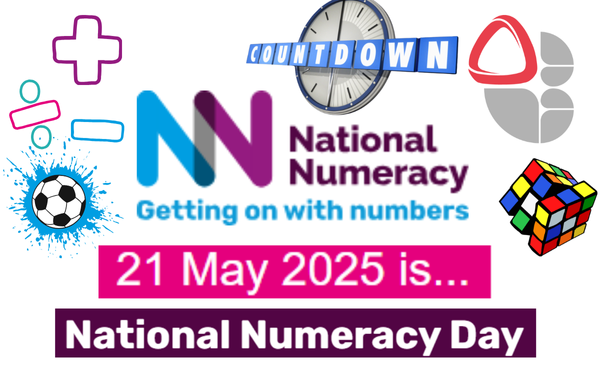

How to support your child with Reading

Year 7
All Year 7 students have reading books that are at their reading level. When they have read the books, they can login and quiz on their books using Accelerated Reader to show their understanding and gain points. Find out more here.
All Year Groups
All of our students have access to an online reading platform called Sparx Reader.
In years 7 to 9, this forms part of their English homework. Students are expected to do a minimum of 30 minutes reading a week which equates to 300 Sparx Reader Points. Many of our students exceed this each week!
This program assesses students reading initially to allocate them books at their level and continues to monitor their reading and comprehension as they read. They are initially only offered 3 texts to choose from to prevent then from flicking from book to book without giving any a chance. There are numerous accessibility features on the program such as changes to background colours and font sizes.
Students who wish to read a physical book can be moved on to ‘Gold Reader’; they can use the site to log and track their reading, and their comprehension is monitored by questions asked intermittently.
Students are rewarded with Bronze, Silver, Gold and Reading Champion badges when they reach specific numbers of Sparx Reader Points (SRPs). Other rewards such as writer visits, vouchers, sweets and book prizes are available throughout the year.
Find out more about Sparx Reader here.
Explore different ways of Reading
Reading doesn’t just mean books and stories – your child could read news stories, websites or instructions too. If your child is interested in something like games or football or animals, try to get them to read about this.
Audio books can be more enjoyable for many readers and help students to develop their understanding of a text and their vocabulary knowledge. These can be expensive but there are ways that you get audio books for free:

Sign up here to your local library to borrow books and audio books using the eBook service
Or access audio books on YouTube – examples below.
What if my child doesn’t like reading?
It isn’t about liking or not liking reading. Reading is beneficial for ensuring success in school, making sure your child is prepared for life beyond school, and it also develops our understanding of other people. In addition, doctors have been prescribing books to support people’s mental health and well-being, so reading can improve our lives in so many ways. We need to send a clear message that reading is healthy and a positive thing to do. We want students to read to learn and read something that interests them, so please encourage your child to try different texts and speak to their teacher or the librarian to get suggestions.
If your child is reluctant to read, you could set a timer and ask them to read for 10 minutes, 3 times a week. You can check that they are understanding what they are reading by asking them questions about the text (see ideas of questions below). This short chunk of time can make reading seem manageable and less scary.
Things that can help your child read better
Encourage them to read to you or a brother or sister.
Read a book / magazine or website yourself and talk about it with your child. It is important that we show that we are readers too.
If your child gets stuck, ensure they sound out the words by looking at the sounds of the letters. If they come across a word that they don’t know, get them to look up the meaning on Google or in a dictionary.

Sign your child up to SENECA learning for free:
- English KS3: Decoding words
- English KS3: Spelling, Punctuation and Grammar
- 11+ comprehension
Ask your child questions about what they read:
- What is the text about?
- What type of text is it?
- What have you learnt?
- Does it link to anything else you have read/ learnt about before?
- What do you think will happen next?
- Why did you choose to read this book?
- Who are the main characters?
- Can they summarise the text?
- Would you like to read something else like this?










